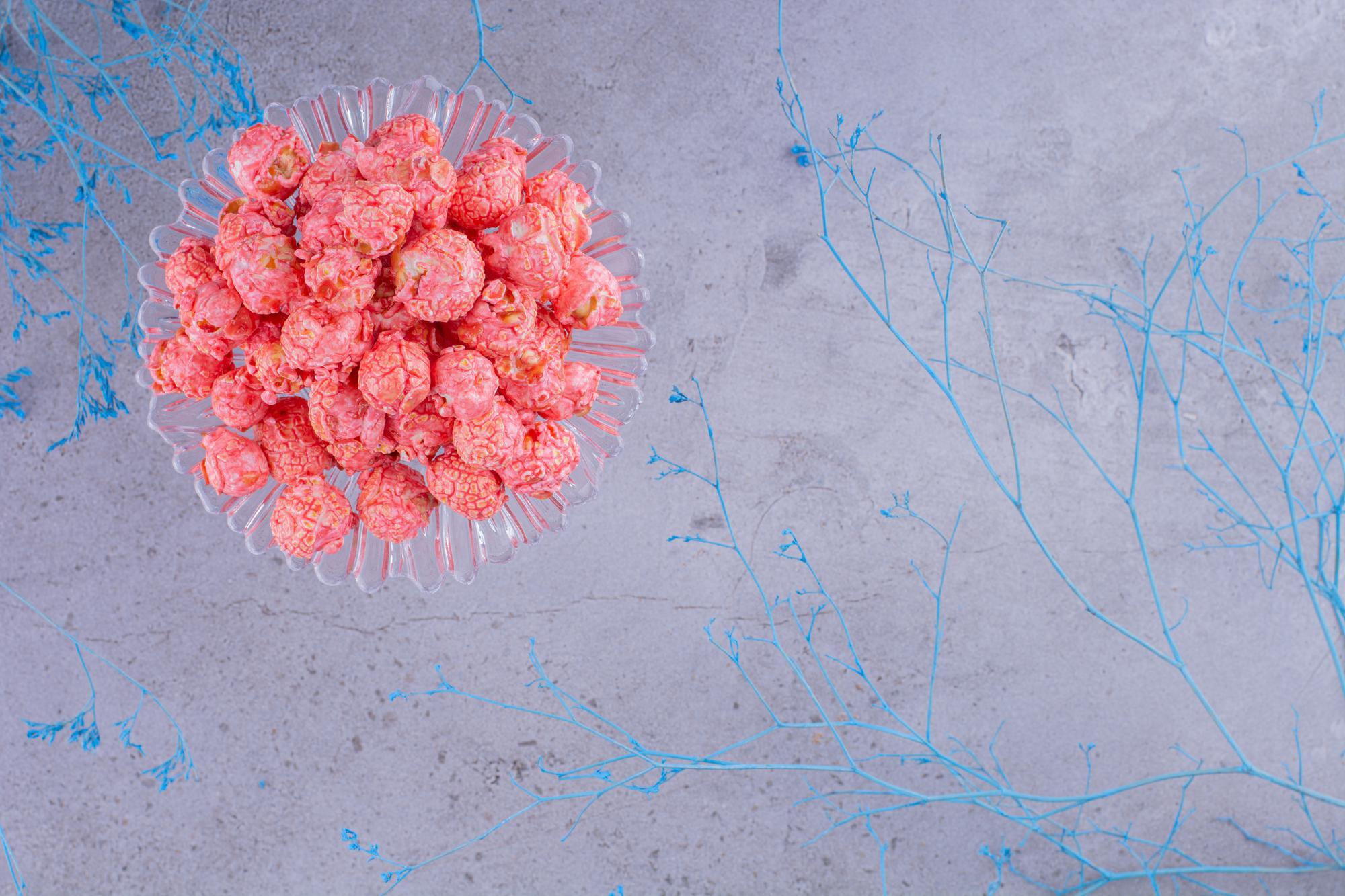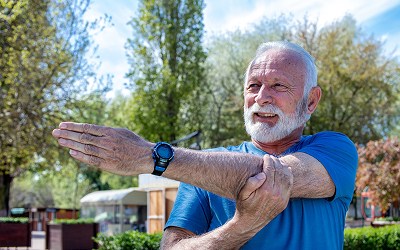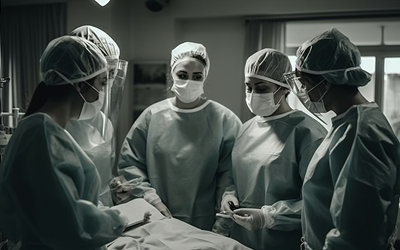We've all had those moments, gazing out a window, dreaming of fantastical abilities – flight, underwater breathing. While we may not possess superpowers, nature has provided us....
Read MoreWhat umbilical cord stem cells can do for MS

Understanding MS:
MS occurs when the immune system mistakenly attacks myelin, the protective sheath surrounding nerve fibers. This disruption leads to a range of neurological symptoms, including vision problems, muscle weakness, and coordination difficulties
MS manifests in various forms:
- Relapsing-remitting MS (RRMS): Characterized by periods of remission interspersed
with symptom exacerbations. - Secondary progressive MS (SPMS): A progression from RRMS, marked by gradual
symptom worsening. - Primary progressive MS (PPMS): A continuous increase in symptoms from disease
onset. - Progressive-relapsing MS (PRMS): A steady progression of symptoms with acute
relapses. - Rare variants like Marburg variant MS and Balo’s concentric sclerosis.
Current MS treatments focus on symptom management, but they don’t reverse the underlying
damage.
The Regenerative Potential of UC-MSCs:
Why UC-MSCs?
- They can differentiate into various cell types, including those that repair myelin.
- They possess immunomodulatory properties.
- They promote tissue repair and regeneration.
- They multiply rapidly.
- They have a low risk of triggering immune responses.
- They are easily collected
UC-MSCs and MS Treatment:
Research suggests that UC-MSCs can:
- Improve disability ratings in MS patients, enhancing mobility and bodily functions.
- Reduce brain lesions associated with MS, as observed in MRI scans.
- Potentially reverse MS progression by promoting myelin repair.
- Reduce nerve damage and inflammation.
- Decrease the frequency of MS attacks.
- Improve muscle function and elasticity.
Happy Valley's Approach:
At Happy Valley, we’re committed to exploring regenerative therapies that address the root causes of MS. UC-MSC therapy offers a unique opportunity to promote myelin repair and improve neurological function, offering hope for individuals living with this challenging condition.
By harnessing the regenerative potential of UC-MSCs, we aim to provide innovative,
personalized therapies that enhance quality of life and potentially slow or reverse disease
progression.
Works Cited:
- Orbai, A.-M. (2022, July 22). What Are Common Symptoms of Autoimmune Disease? Johns Hopkins Medicine- Health.
https://www.hopkinsmedicine.org/health/wellness-and-prevention/what-are-common-symptoms-of-autoimmune-disease - https://www.ninds.nih.gov/health-information/disorders/multiple-sclerosis
- Stem Cell Basics | STEM Cell Information. National Institutes of Health.
https://stemcells.nih.gov/info/basics/stc-basics - Stem Cells: Types, What They Are & What They Do. Cleveland Clinic.
https://my.clevelandclinic.org/health/body/24892-stem-cells - Riordan, N.H., Morales, I., Fernández, G., Allen, N., Fernot, N.E., Leckrone, M.E., Markovish, D.J., Mansfield, D., Avila, D., Patel, A.N., Kesari, S., Rodriguez, J.P. 2018. Clinical feasibility of umbilical cord tissue-derived mesenchymal stem cells in the
treatment of multiple sclerosis. J Transl Med 16, 57 (2018).
https://doi.org/10.1186/s12967-018-1433-7 - Alanazi, A., Alassiri, M., Jawdat, D., & Almalik, Y. (2022). Mesenchymal stem cell therapy: A review of clinical trials for multiple sclerosis. Regenerative therapy, 21, 201–209. https://doi.org/10.1016/j.reth.2022.07.003
- Petriv, T., Tatarchuk, M., Tsymbaliyk, Y., Rybachuk, O., Tsymbaliuk, Y., Tsymbaliuk, V., 2022. Abstract 14 Umbilical Cord Mesenchymal Stromal/Stem Cells Application for Spasticity Treatment in Multiple Sclerosis. Stem Cells Translational Medicine. 11:1, S16.
https://doi.org/10.1093/stcltm/szac057.014
You Might Also Like
The many benefits of MSCs on bone flaws and cartilage damage
It’s just a fact of life that as you get older, pains start to creep up in places they didn’t used to be. Joints begin to ache from just a little use, and getting up from your favorite chair, or...
Read MoreEmbracing Graceful Aging: The Role of UC-MSCs
As we navigate the journey of aging, maintaining vitality and well-being becomes paramount. At Happy Valley, we're exploring innovative approaches to support healthy physical aging.....
Read MoreRevolutionizing Autoimmune Treatment: Targeting Peyer’s Patches with UC-MSCs and Exosomes
Autoimmune diseases, where the body's immune system mistakenly attacks healthy tissues, present a significant challenge. At Happy Valley, we're exploring cutting-edge regenerative medicine approaches to address these conditions....
Read MoreBeyond Organ Transplants: The Transformative Potential of UC-MSC Transplantation
While organ transplantation has revolutionized medicine, a less familiar yet equally powerful approach is stem cell transplantation. At Happy Valley, we're exploring the vast potential of this therapy to address a wide range of medical conditions....
Read More




